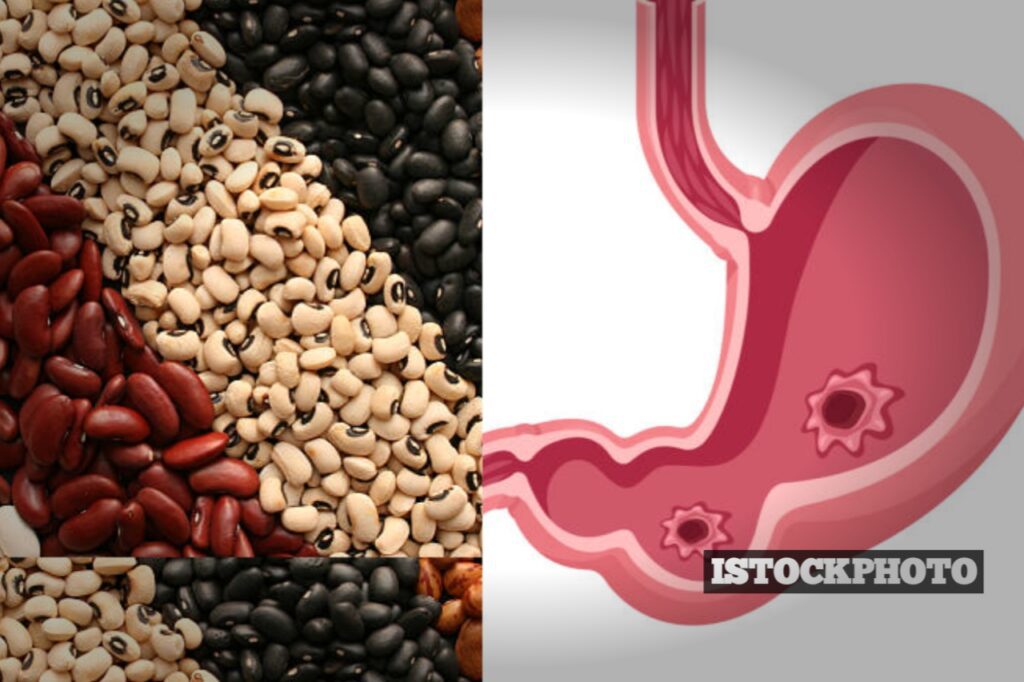Garden eggs, also known as eggplants or aubergines, are a versatile and nutritious vegetable that can provide numerous benefits during pregnancy. Packed with essential nutrients and vitamins, garden eggs can support the health of both expectant mothers and their unborn babies. In this article, we will explore the incredible benefits of including garden eggs in your pregnancy diet.
What Does Garden Egg Do for the Body?
Garden eggs offer a wide range of health benefits for the body, particularly during pregnancy. Here are four amazing advantages of incorporating garden eggs into your diet:
Rich in Folic Acid
Garden eggs are an excellent source of folic acid, also known as folate, which is crucial for the healthy development of the fetus. Adequate folic acid intake during pregnancy can help prevent neural tube defects, such as spina bifida, in newborns. By consuming garden eggs, pregnant women can ensure they meet their recommended daily intake of this essential nutrient.
Supports Digestive Health
Garden eggs are rich in dietary fiber, which promotes healthy digestion and prevents constipation—an all-too-common discomfort during pregnancy. By including garden eggs in your meals, you can maintain regular bowel movements and alleviate digestive issues.
Manages Blood Sugar Levels
Maintaining stable blood sugar levels is crucial for the well-being of both mother and baby during pregnancy. Garden eggs have a low glycemic index, meaning they release sugar into the bloodstream gradually. This helps regulate blood glucose levels, preventing spikes and dips that could potentially harm the developing baby.
Provides Essential Nutrients
Garden eggs are packed with various vitamins and minerals essential for the growth and development of the baby. They contain vitamins A, C, and K, as well as minerals like potassium and manganese. These nutrients contribute to the healthy formation of bones, teeth, and overall immune function.
Garden Egg Benefits for Pregnancy
Including garden eggs in your pregnancy diet can have several benefits that promote both maternal and fetal health. Here’s how garden eggs benefit pregnancy:
Promotes Fetal Development
The rich nutritional profile of garden eggs, including folic acid, vitamins, and minerals, supports the healthy growth and development of the baby. Folic acid aids in the proper formation of the baby’s neural tube and helps prevent birth defects related to the brain and spinal cord.
Boosts Maternal Health
Garden eggs contribute to the overall well-being of expectant mothers. The fiber content aids digestion and prevents constipation, a common issue during pregnancy. The vitamins and minerals present in garden eggs support maternal immune function, help maintain healthy blood pressure levels, and reduce the risk of anemia.
Weight Management
Garden eggs are low in calories and fat, making them an excellent choice for pregnant women concerned about weight management. They provide essential nutrients without adding excessive calories to the diet, which can be beneficial for maintaining a healthy pregnancy weight.
Hydration and Detoxification
Garden eggs have high water content, aiding in hydration and detoxification. Staying properly hydrated during pregnancy is essential for optimal health and can help prevent conditions such as urinary tract infections and constipation. Additionally, the antioxidants present in garden eggs support the body’s natural detoxification processes.
Side Effects of Garden Egg in Pregnancy
While garden eggs offer numerous benefits during pregnancy, it’s essential to consider any potential side effects. In general, garden eggs are safe for consumption during pregnancy and have no known adverse effects. However, individual sensitivities and allergies can vary. It’s always advisable to consult with your healthcare provider before making any significant dietary changes, including the incorporation of garden eggs into your pregnancy diet.
Conclusion
Garden eggs offer incredible benefits during pregnancy, including supporting fetal development, promoting maternal health, aiding digestion, and providing essential nutrients. As with any dietary change, it’s important to consult with your healthcare provider to ensure it aligns with your specific needs and any existing medical conditions. By incorporating garden eggs into your pregnancy diet, you can enhance your overall well-being and contribute to a healthy pregnancy.
[starbox]



